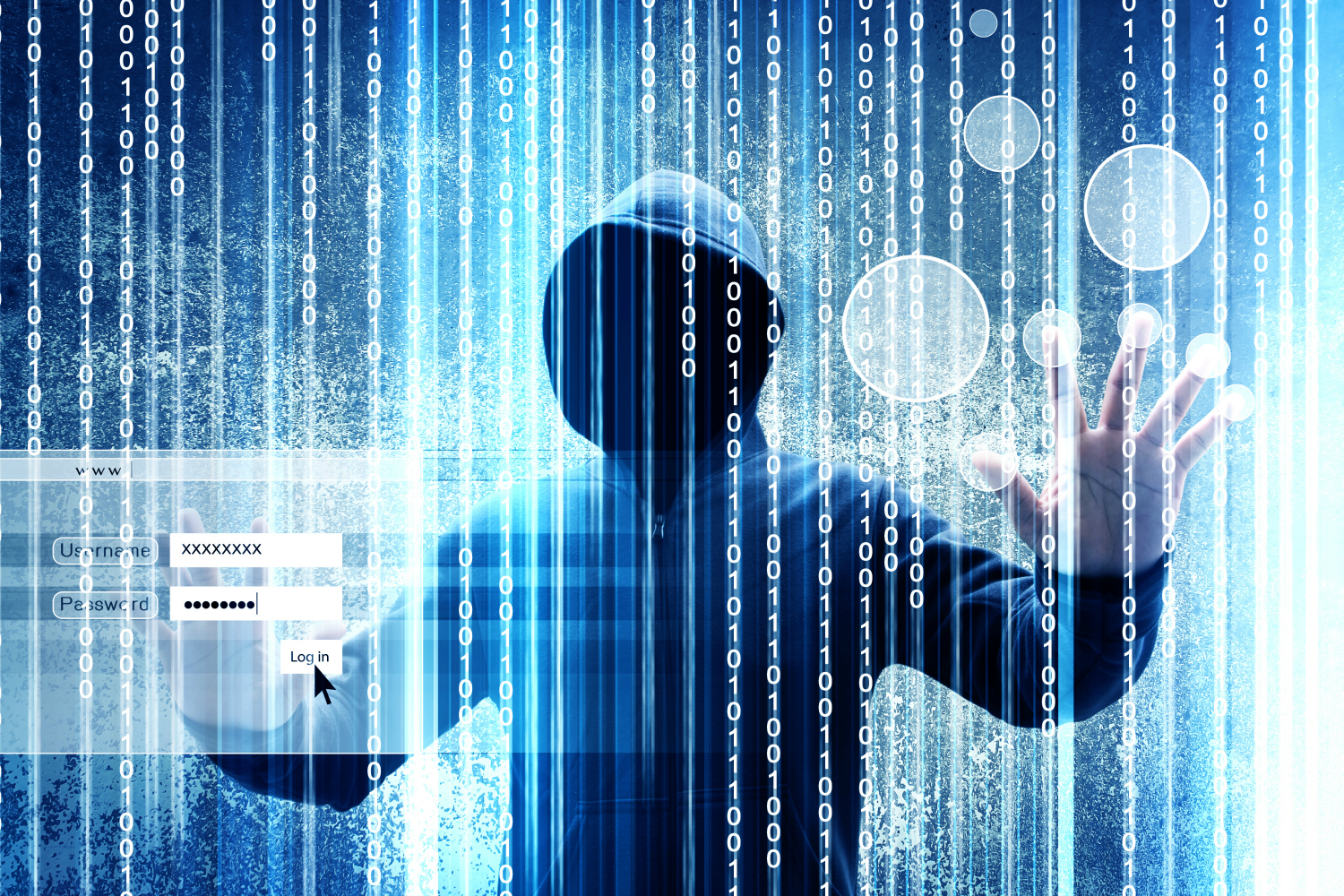Can ransomware attacks be prevented with a VPN?

Cyber-attacks occur on a daily basis.
To minimize the risk of your valuable date being stolen by hackers is advised to use anti-virus, and to be cautious about what material you download from the Internet.
However, can a VPN really protect you from a ransomware attack?
WannaCry, the ransomware attack that threaten thousands of computer systems over the globe
On Friday 12 May, the world almost collapsed due to a ransomware attack called WannaCry that rapidly was spread via a windows-sharing system over thousands of computers.
The cyber-threat hit over 100 countries, and affected essential systems like the British NHS, the Spanish telecommunication company Telefónica or the mail service giant FedEx.
The malicious software, which used stolen tools from NSA, was being transferred via email, and worked in a way that impeded users to access their computer systems until a ransom was paid through the popular digital currency BitCoin.
After a few hours, an anonymous cyber-security analyst stopped the threat by registering the domain name that was hidden in the ransomware code, preventing in such way bigger damages.
But, how can you make your computer more secure in case the attack is repeated?
The importance of VPN services to protect you against malware online
One of the questions that arise after the recent global cyber-attack is if it could have been killed from the beginning with the use of a VPN.
As security experts from the service NordVPN claim, a VPN is really useful if you want to protect your computer from malware when you are accessing the Internet, even from a public hotspot.
However, it is in your hands to check what kind of material you download online.
With a VPN, your data, and online activity is encrypted, and your IP hidden, so it is more difficult for hackers to obtain vital information from your computer.
But you have to be particularly cautious to not click on suspicious pop-up windows that may appear on your screen. Basically, avoiding downloading documents that come from an unknown sender.
Here is where VPNs come into play. Most services blacklist dubious URLs, so it is a great place to start.
What can you do to protect your computer from a ransomware attack?
NordVPN’s security experts suggest that the best way to increase the security in your computer is by installing the latest updates, backing up your data, and by avoiding opening any suspicious files.
What to do if you are a victim of a cyber-attack?
In case you have missed any of the previous recommendations, and unluckily your computer system has been infected with this type of malware, it is recommended to immediately cut off your
Internet connection to avoid infecting other ones.
Then, report it to the corresponding authorities. Do not forget to seek help from a professional techie to go through the process!
*Photo by Door Joe Prachatree | ShutterStock.





